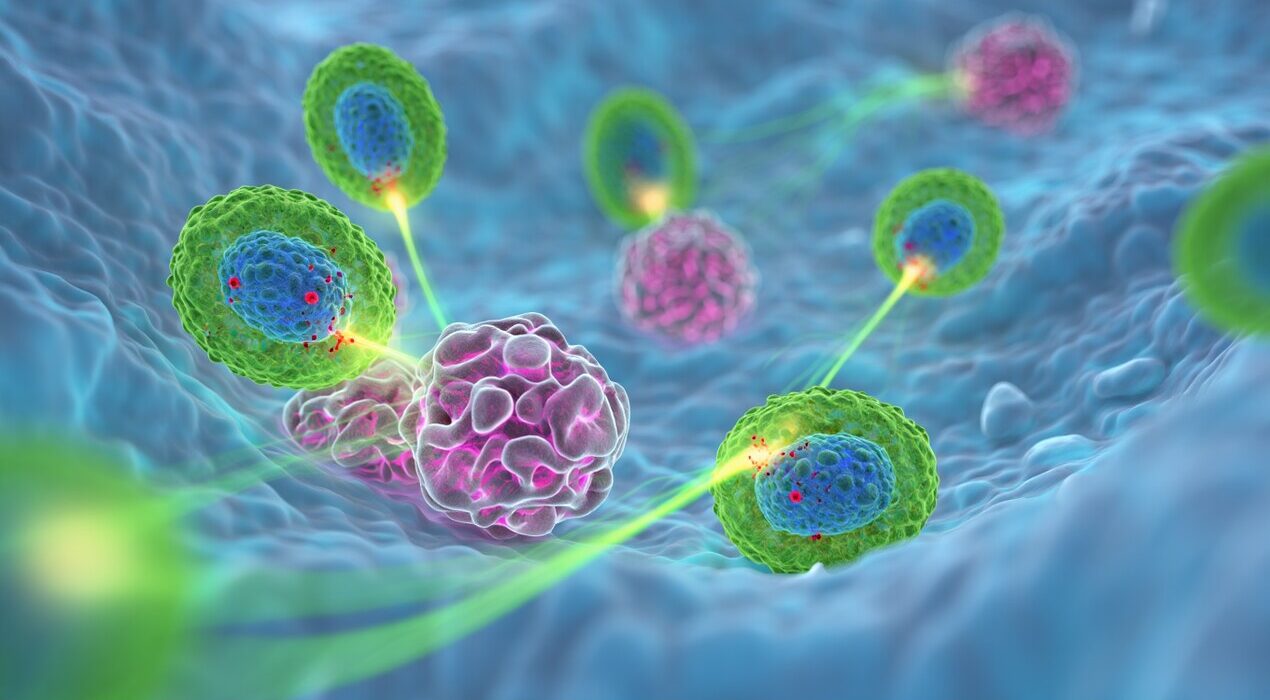Scientists Discover Pathway to Restore Cancer-Fighting T Cells
Scientists have uncovered how tumors weaken T cells during a cancer fight. These immune cells normally attack cancer, but certain tumors drain their energy. As a result, T cells slip into exhaustion and stop defending the body.The new research shows that blocking this hidden signal can revive exhausted T cells. In addition, the revived cells can enter tumors more easily and work better with existing immunotherapies.
How Tumors Disable the Immune System
Tumors do more than hide from immune cells. They also send signals that push T cells into a sleepy, inactive state. A team from Weill Cornell Medicine discovered a key molecule behind this process.Their findings reveal how tumors manipulate immune defenses. Therefore, shutting down this pathway may help the immune system stay active and fight harder.
Why Immunotherapy Sometimes Fails\Immunotherapy trains the immune system to recognize cancer. However, many people see limited or temporary benefits. Their T cells lose strength over time and stop attacking tumors.Researchers found that a molecule called CD47 rises sharply on T cells during exhaustion. They also discovered that a protein called thrombospondin-1 interacts with CD47 and deepens this exhaustion. Blocking either molecule helped mice slow tumor growth.
A New Way to Restore Immune Strength
The team tested a peptide called TAX2 to break the CD47–thrombospondin-1 connection. The results were promising. Treated mice showed stronger T cell activity and slower melanoma and colorectal tumor progression.In addition, TAX2 improved the effects of PD-1 immunotherapy. This combination created more powerful and persistent T cell responses.Researchers now aim to design therapies that safely block this pathway in humans. Their work offers a hopeful direction for future cancer treatments, especially for people who do not respond well to current immunotherapies.






